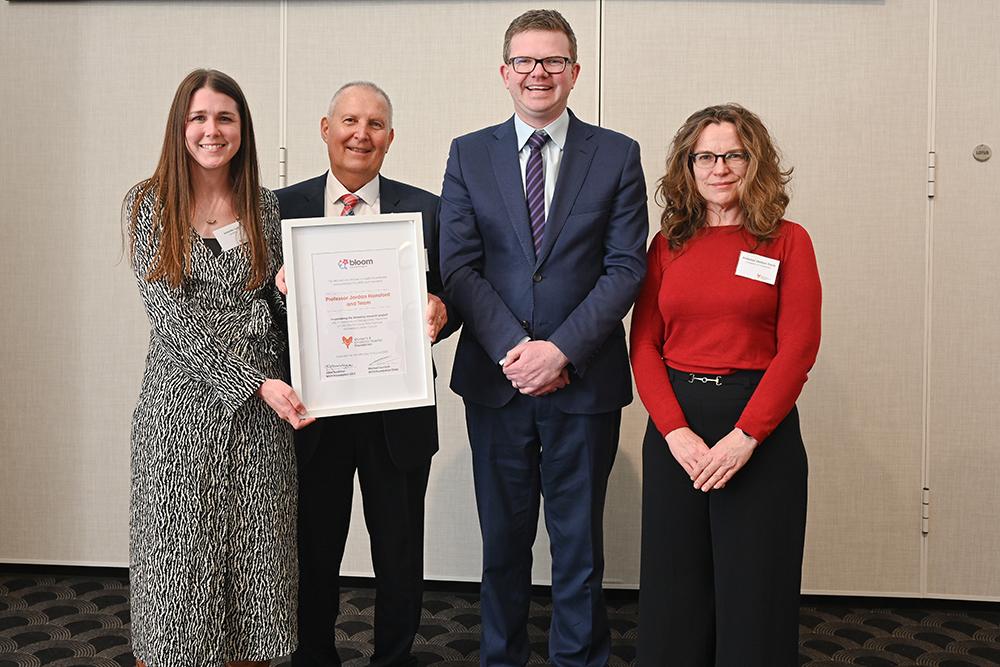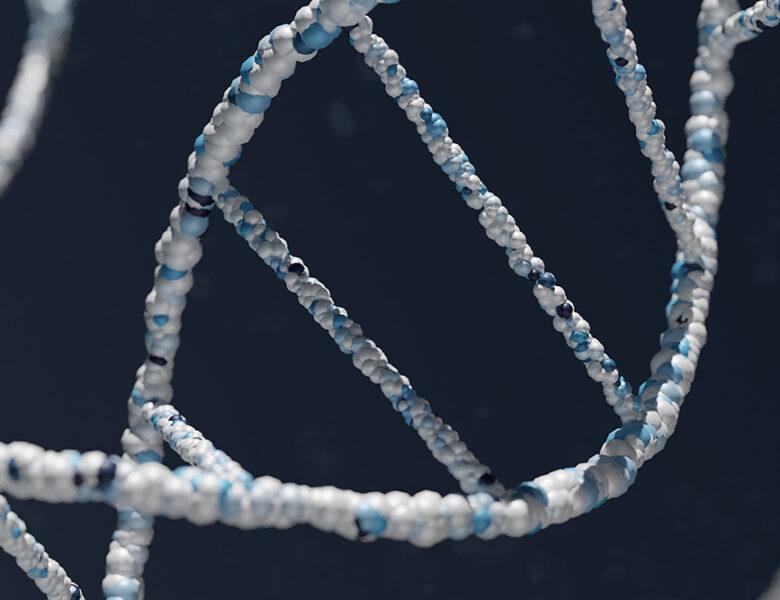Genomic predictors of brain cancer survival
Advances in technology mean that it is now possible to undertake genomic analyses on brain tumour samples to provide a more precise understanding of the mechanisms of childhood brain cancer and the factors that are associated with survival. This information can be used to predict the behaviour of different tumours and possibly assist in determining targets for treatment.
Professor Jordan Hansford of SAHMRI and the Women’s and Children’s Health Network and his team, in partnership with SA Pathology, were awarded 2023 WCH Foundation Bloom Research Program funding for work relating to the project titled ‘GEL-E – genomic and epigenomic predictors of late effects in long term survivors of paediatric brain cancer’.
WCH Foundation funding will allow Professor Hansford and his team to annotate and conduct pilot genomic and epigenomic analyses of brain tumour samples. In the future, such information could be linked to real-world datasets in order to better understand the clinical and molecular factors associated with survivorship and adverse outcomes.

Amanda Luck (representing Professor Jordan Hansford’s team in his absence), Michael Luchich, the Honourable Chris Picton MP and Professor Melissa Davis at the 2023 Bloom Research Program awards night.
If you would like to know more about this research as it is undertaken, along with the other research projects we fund, join our research mailing list by emailing us.
Back to all news

